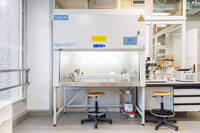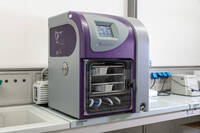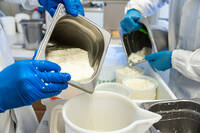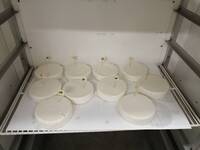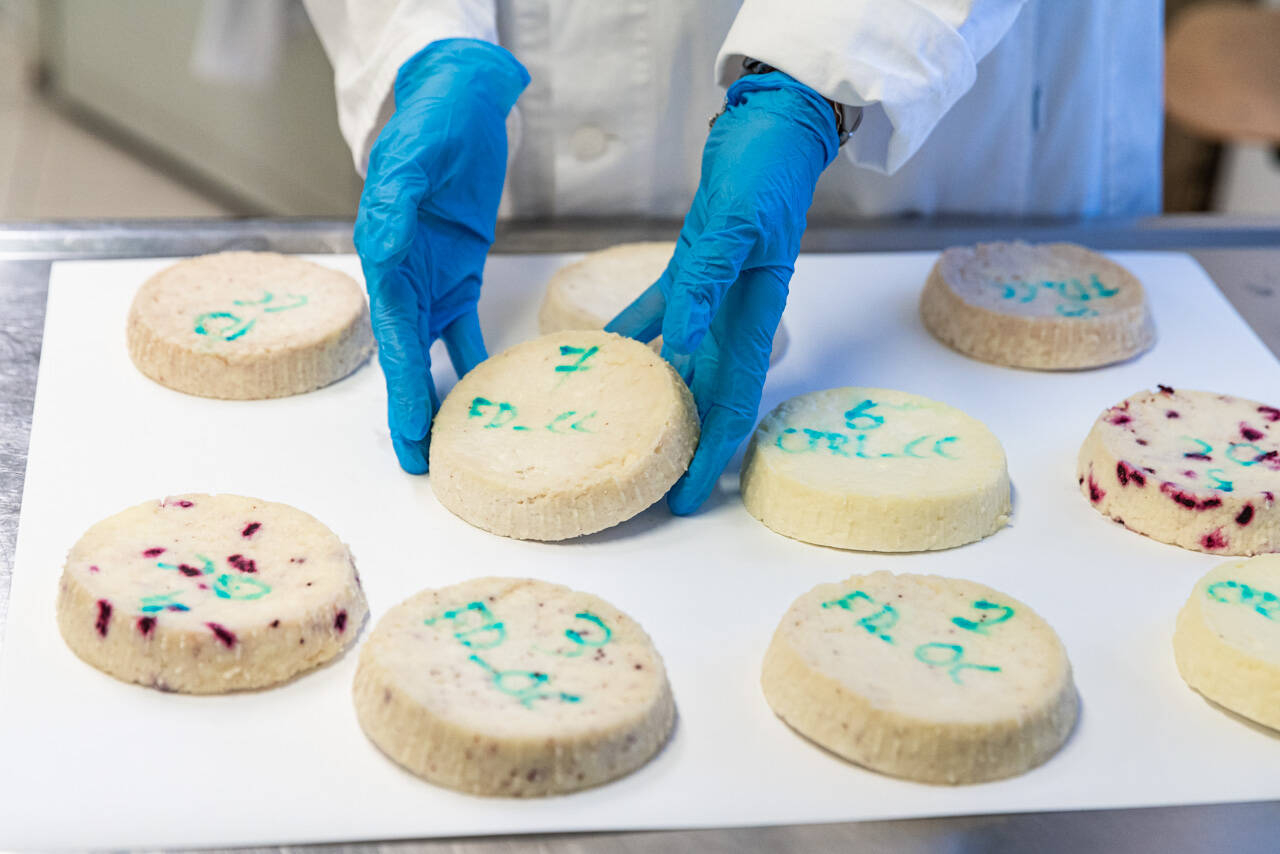
Biotechnology of Fermentation
We conceive new or improved fermented food products for their organoleptic properties, technological processing, or nutritional characteristics; we also study the biodiversity, maintenance and enhancement of food microbiomes.


